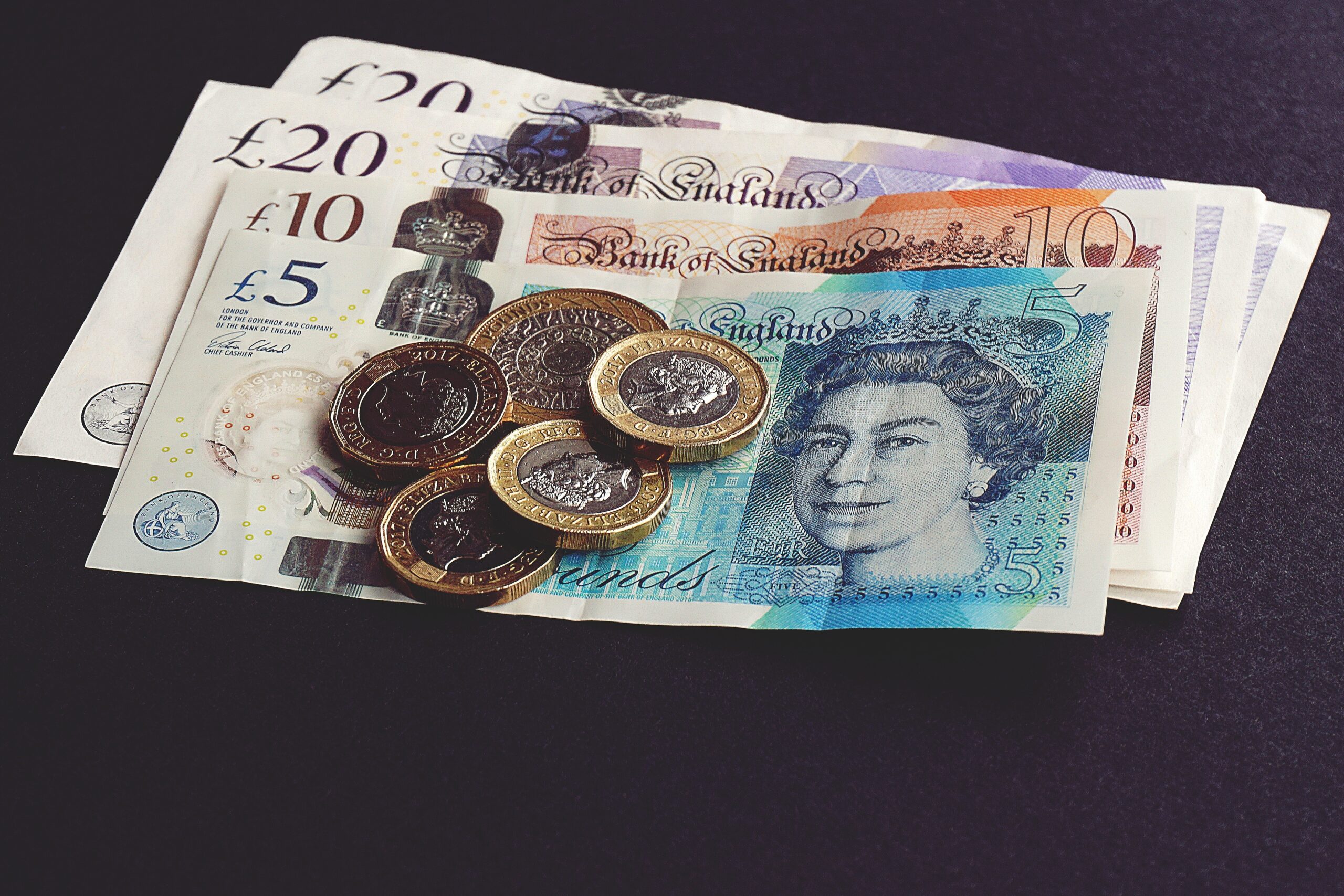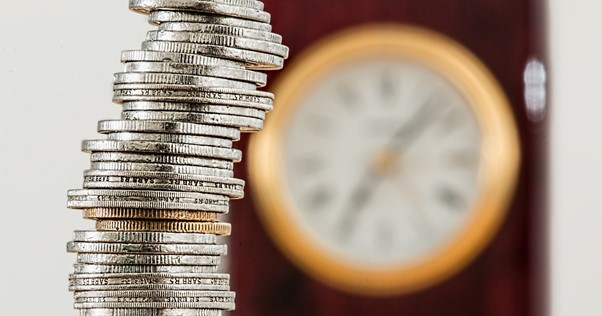“Money money money
Must be funny
In a rich man’s world“
has been sung by ABBA for almost 50 years.
The phenomenon of money is as old as the world and it’s present in every part of the Earth. What differs (apart from its form and currency) is the approach of people towards it. Let’s see what’s Hungarian, German and British take on money.
The Hungarians 🇭🇺
When in Hungary, you should not talk about salary. Hungarians don’t like to boast about how much money they earn. That’s why, if someone still decides to bring up the topic, the conversation will most likely turn out to be about the state of salaries and taxes in the country – nothing too personal.
When it comes to paying methods, Hungarian people (as well as Poles btw.) usually pay by card. They don’t like to carry around much cash. It goes even further: ⅔ of Hungarians are more willing to use their smartphones and ¼ prefer to pay with smartwatches for their purchases. Believe it or not, in Hungary, plastic cards have become overrated. Cash in its paper or coin form is even more obsolete. Most people treat it just as a backup.

The Germans 🇩🇪
The German nation is on the opposite side. Germans are hesitant to pay by card and love the rustle of the cash in their hands. It’s been said that they usually carry around up to 100 pounds in their wallets! In Germany, “cash is the king”.
Even though there’s been a noticeable shift in practices, the older generation of Germans still remains distrustful when it comes to using credit cards. And it’s not surprising. German people really value their privacy and that’s why they prefer to keep the cash in hand, rather than place the savings over at the bank. This BBC’s article explains perfectly the Germans’ “culture of cash”.
As a summary of Germans’ approach, here comes a curiosity: both “guilt” and “debt” in their language are expressed with the same word: Schuld. Coincidence?
The British 🇬🇧
While paying for goods, Brits are more likely to use cards rather than cash. Still, the same as Hungarians, some of them carry a few pounds in their pockets “just in case”.
What’s interesting, the British have a myriad of sayings about money:
“Money doesn’t grow on trees”
“A penny saved is a penny earned”
“A light purse is a heavy curse”
“Money is the root of all evil”
These are just a few, but they are enough to paint a vivid picture of how Brits perceive money.

In relation to idioms, Germans don’t stay behind. Here’re some that one day may come in handy 😉
1. Ein halber Laib ist besser als gar kein Brot.
Half a loaf is better than no bread.
2. Die Armen suchen Fleisch für ihren Hunger, die Reichen suchen Hunger für ihr Fleisch.
Poor men seek meat for their stomach; rich men stomach for their meat.
3. Der Reiche weiß nicht, wer sein Freund ist.
The Rich knows not who his friend is.
4. Dein Geld brennt ein Loch in deine Tasche.
Your money burns a hole in your pocket.
5. Geld zeugt Geld.
Money begets money.
6. Wo das Geld spricht, schweigt die Wahrheit.
Where money speaks, the truth is silent.
If these sayings have caught your attention, here’s a perfect post for you. Check it out and let us know, how is money perceived in your country? Do you know any idioms worth sharing?
Do leave a comment below.






0 Comments